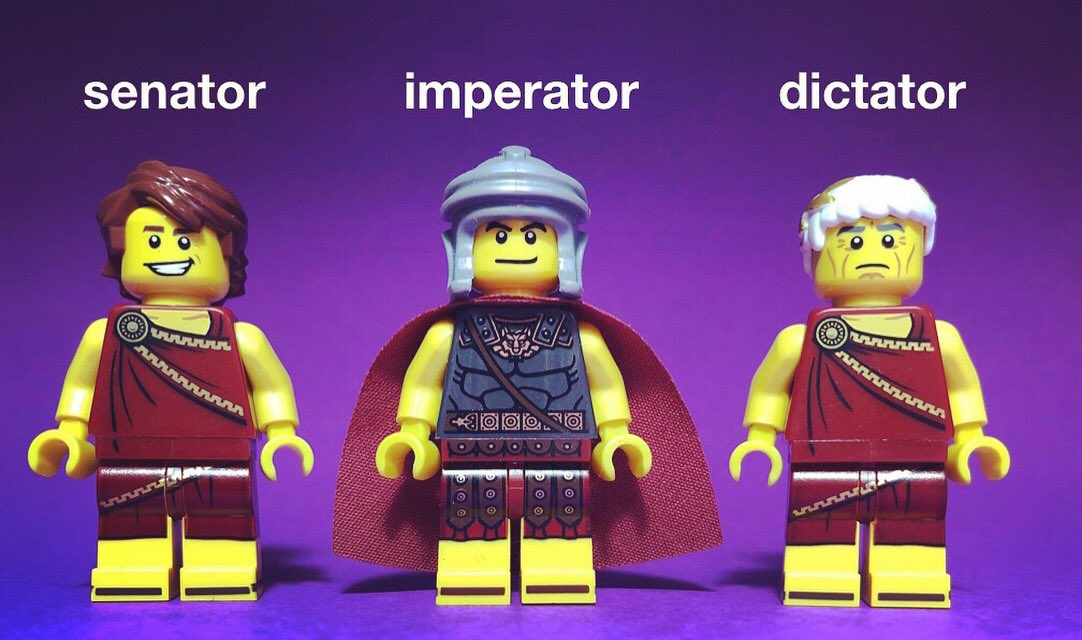
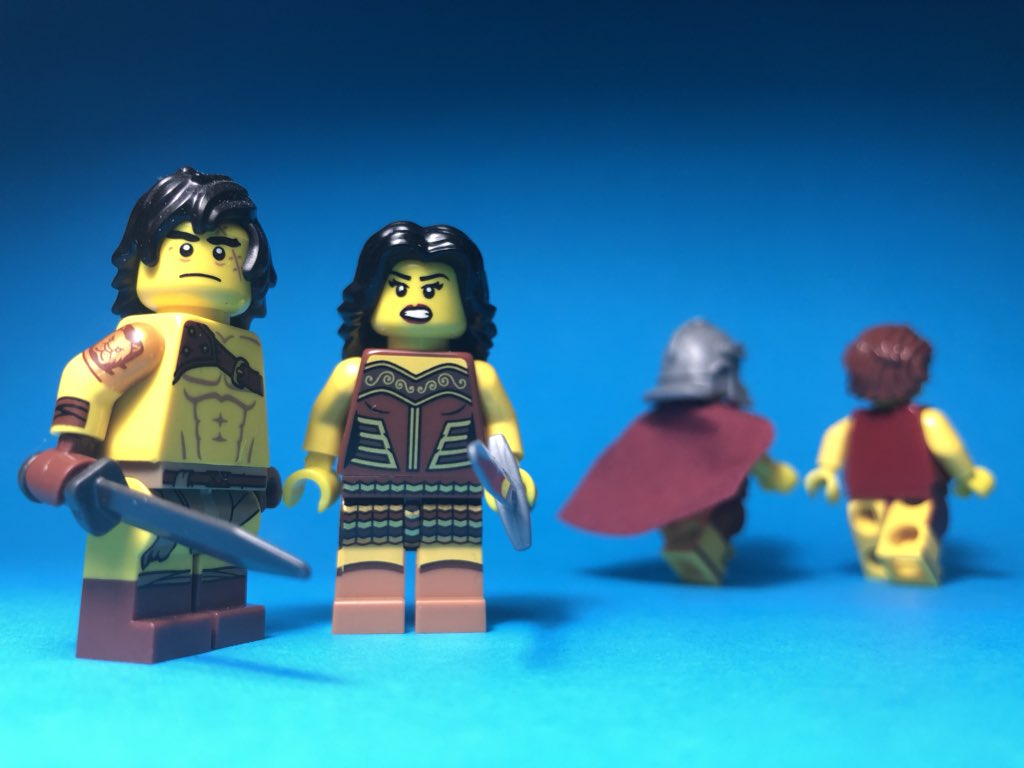
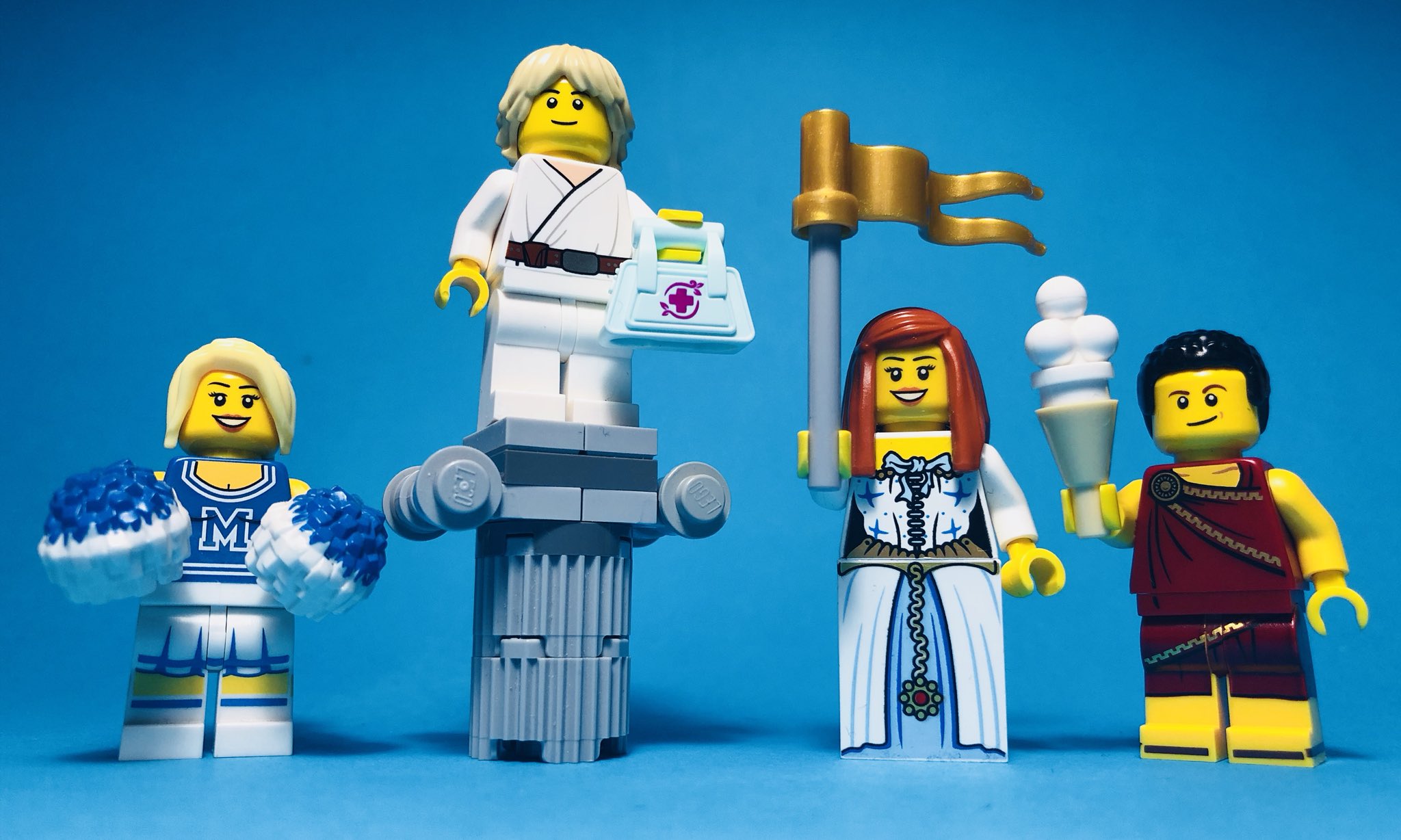
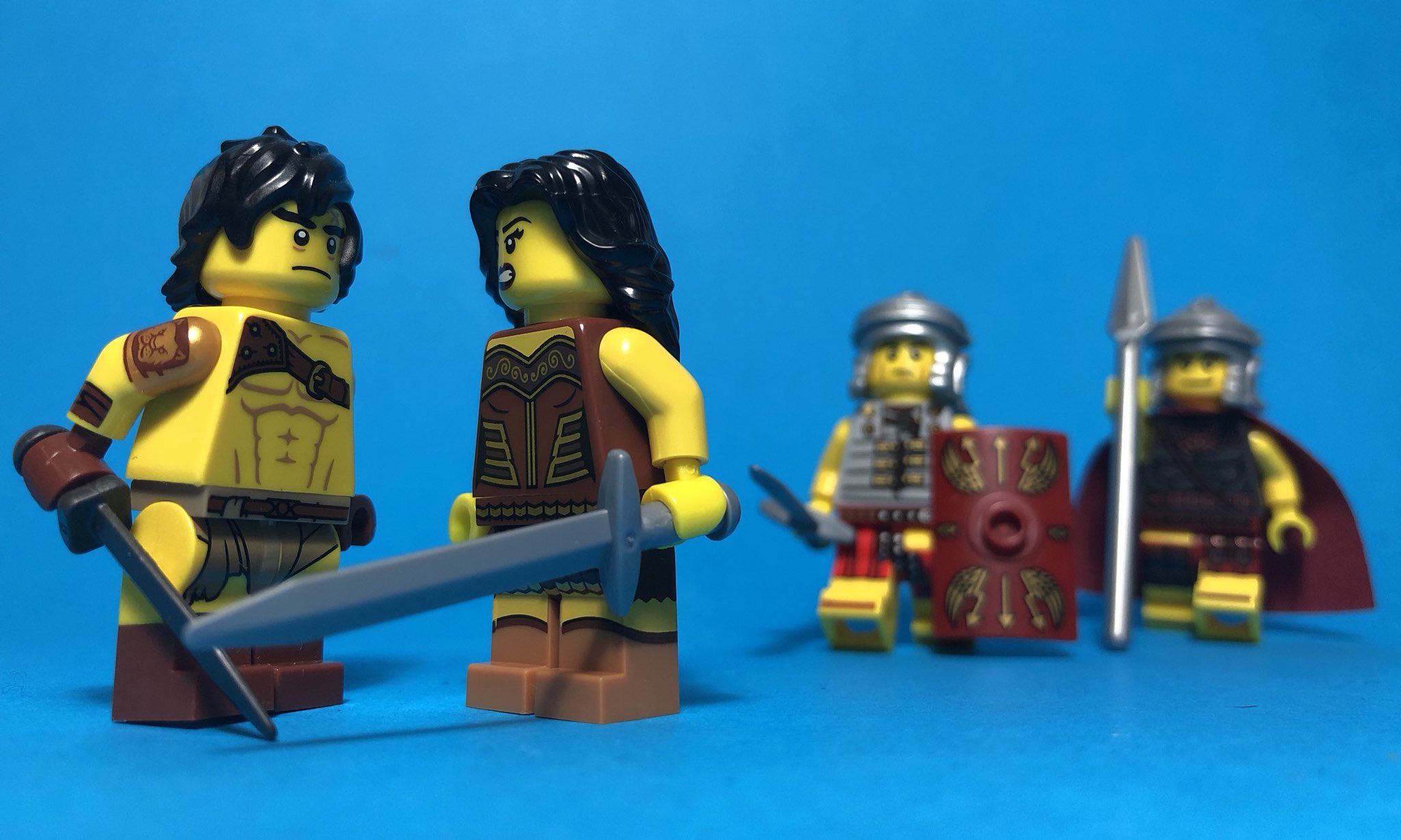
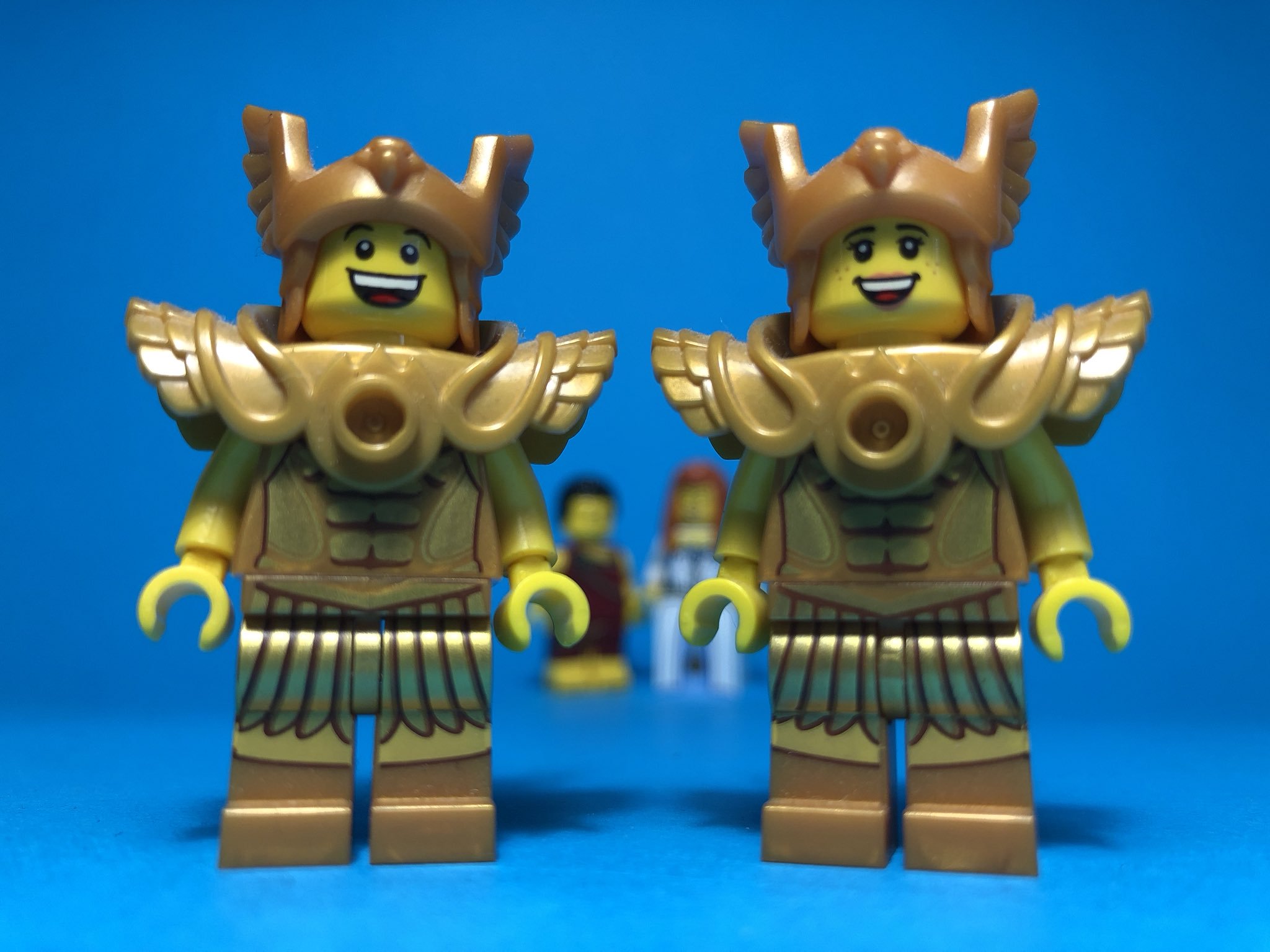
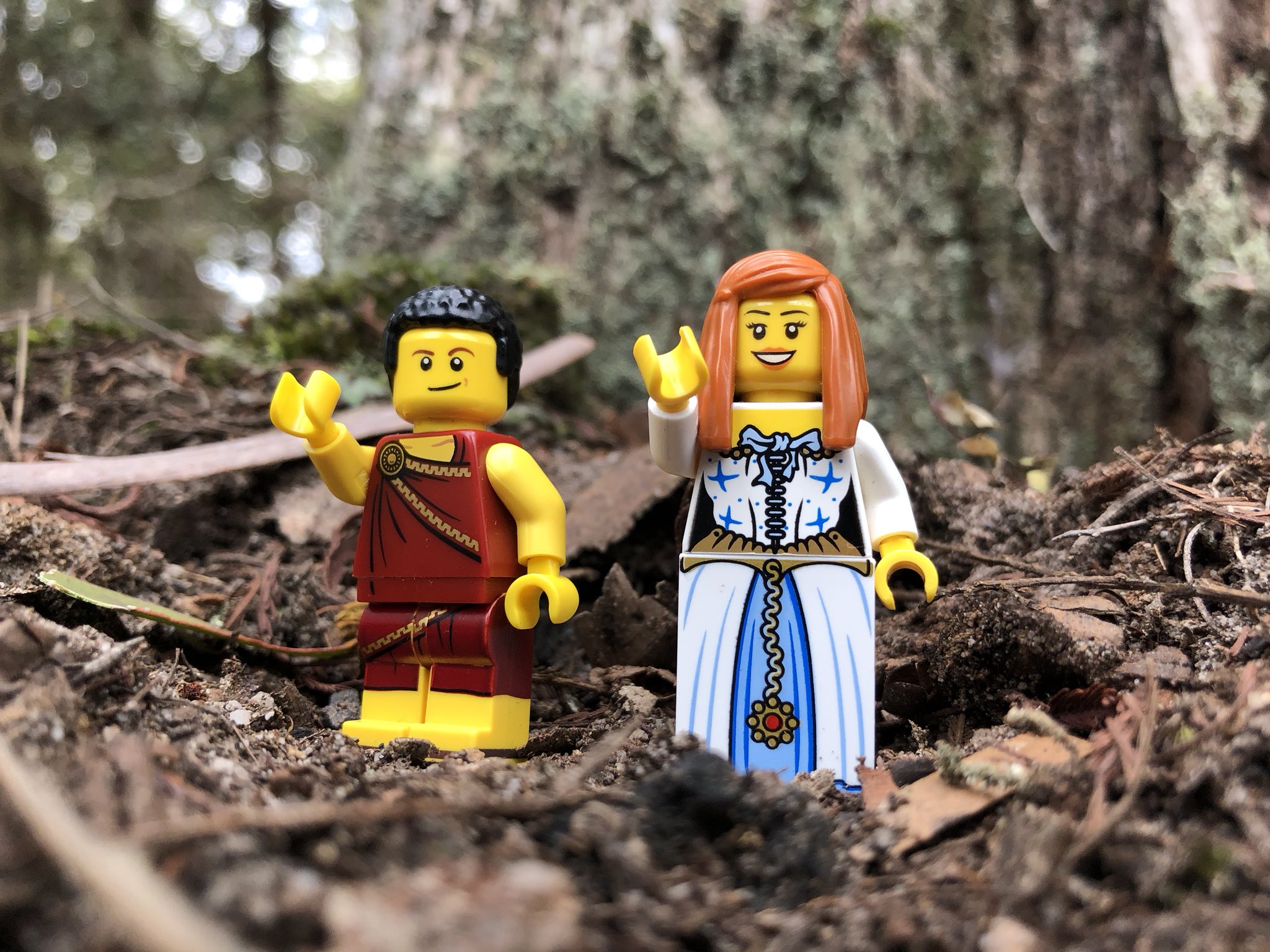
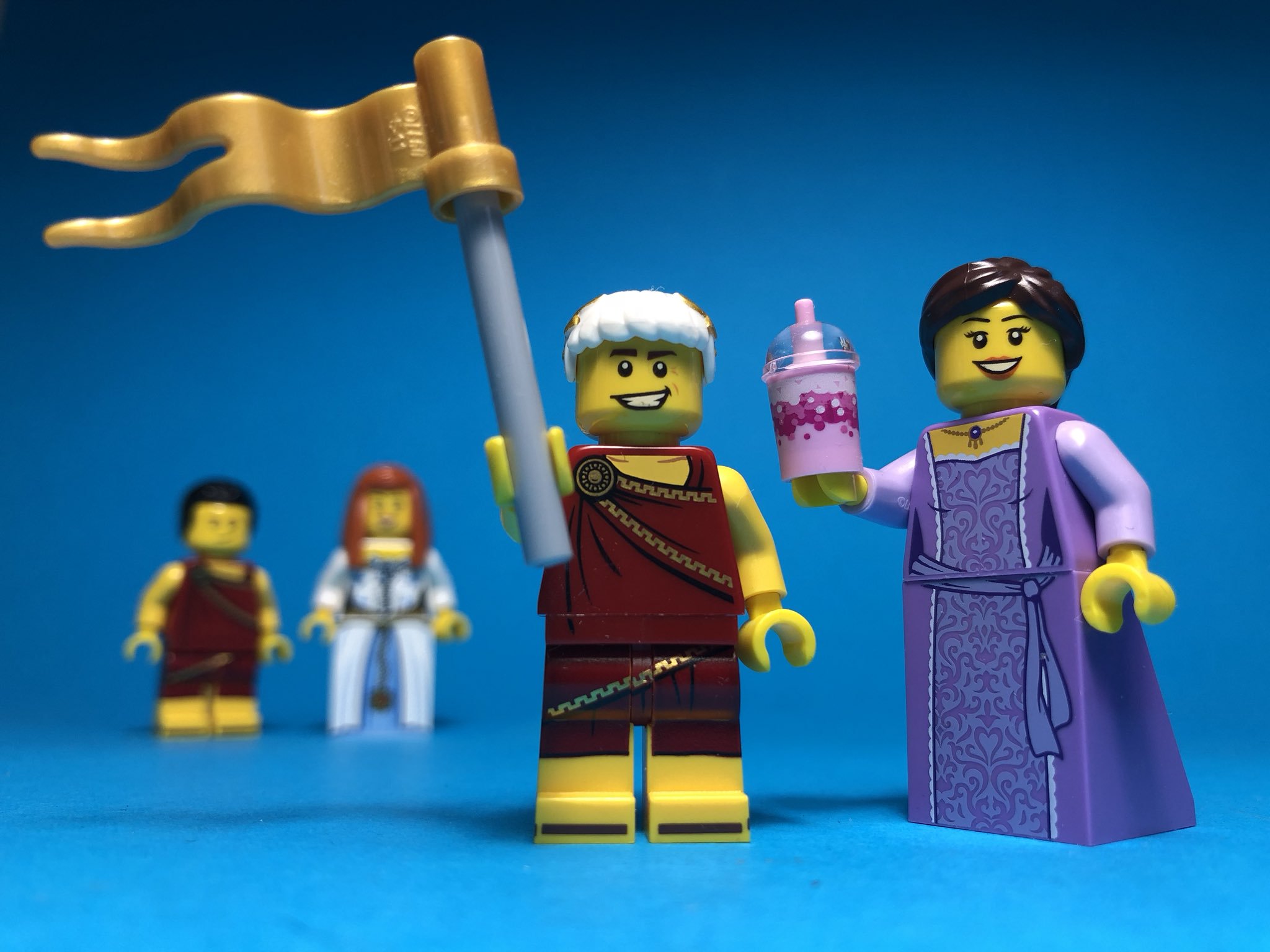
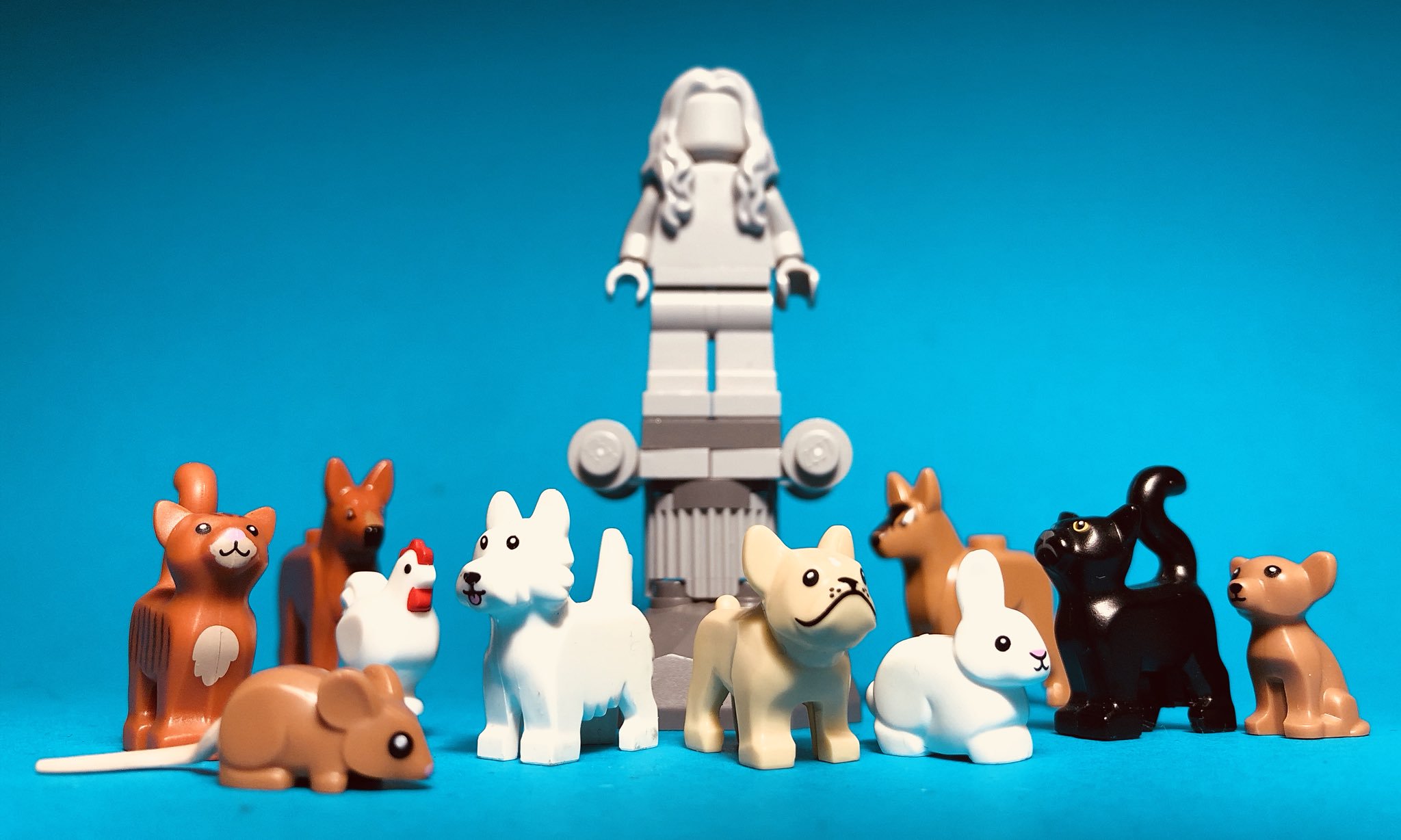
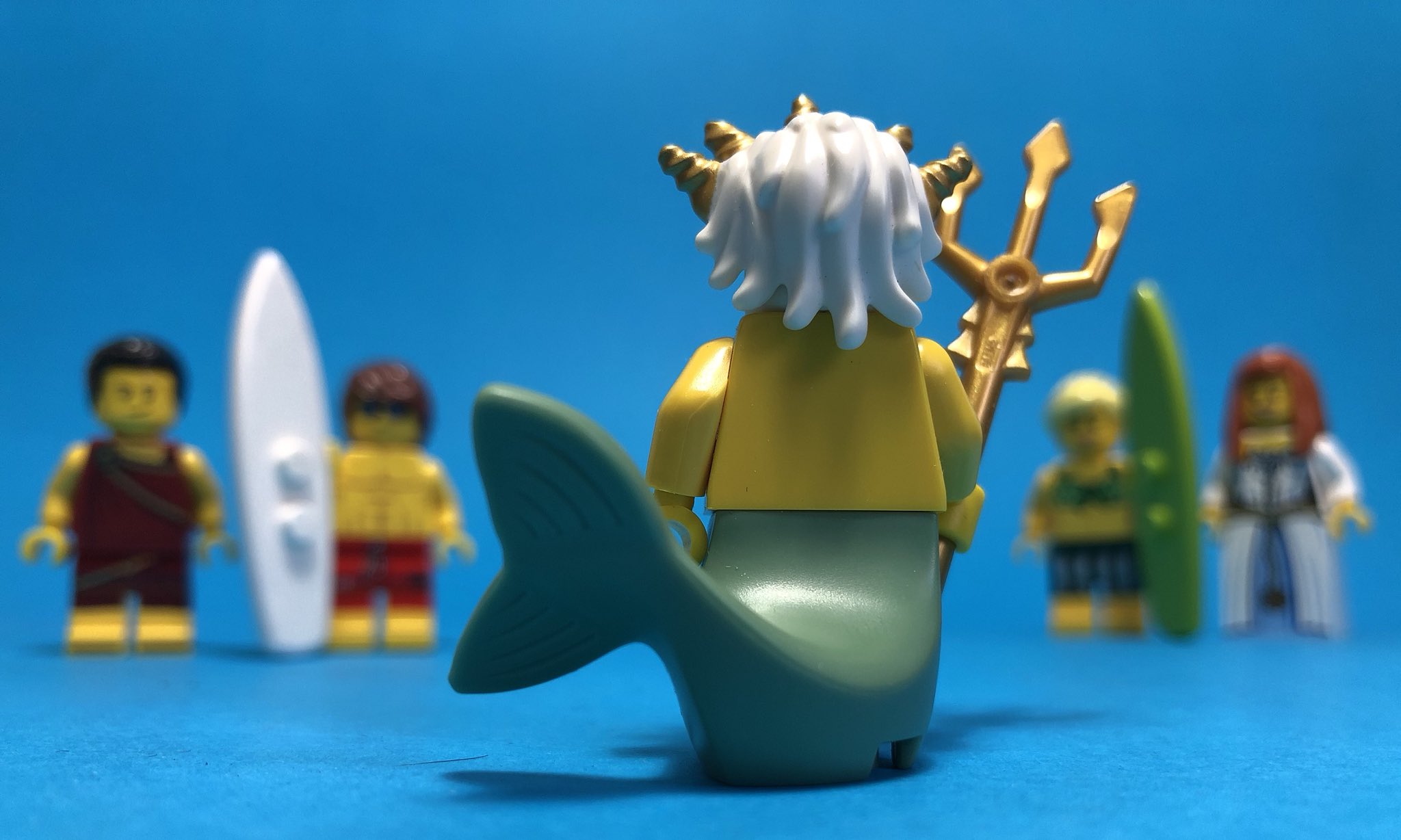
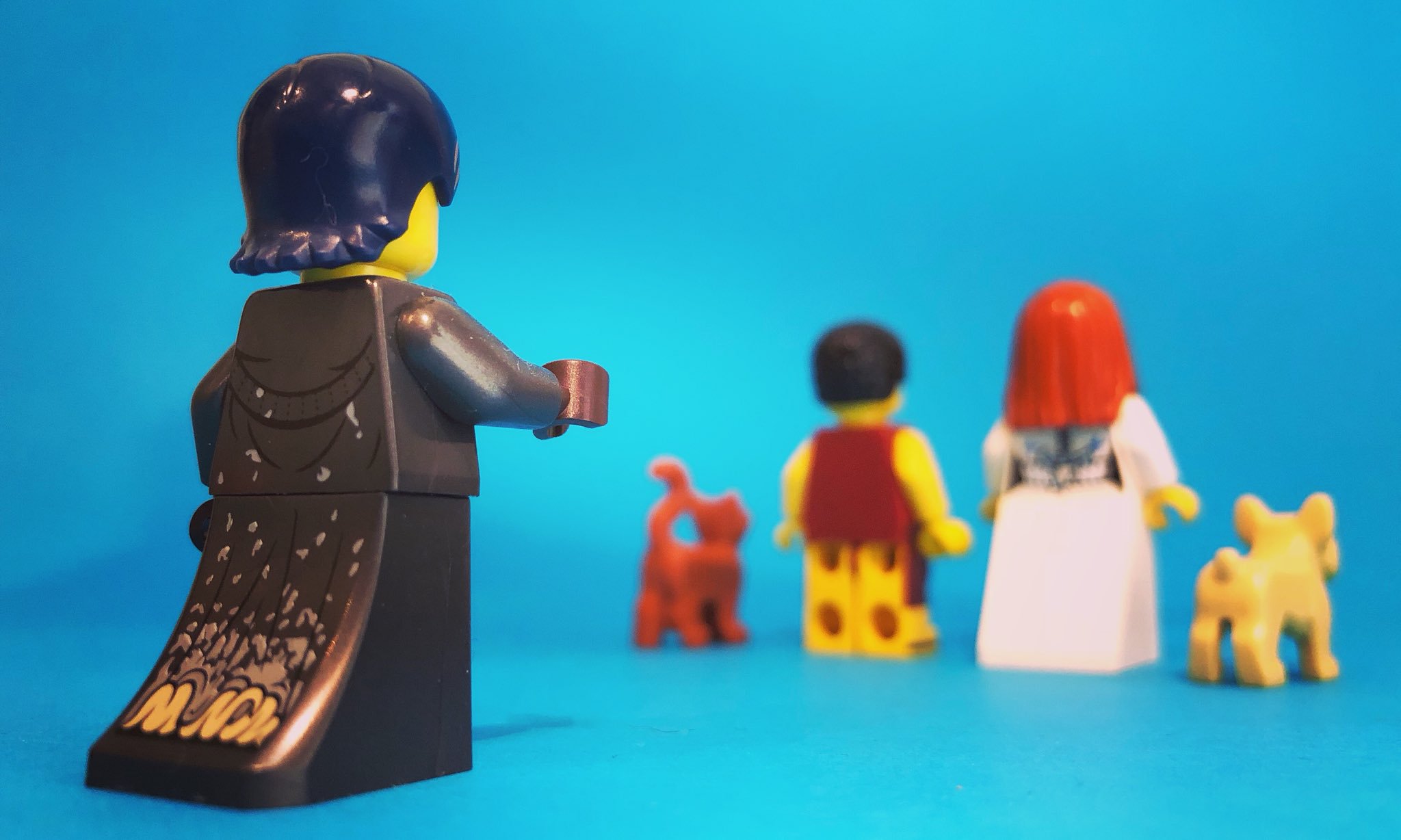

Welcome to July, the first month of our calendar named after a human being; Iulius Caesar, senator, general and dictator. He gave his name also to Kaiser and Tsar. The salad dressing, however, is named for its creator, Caesar Cardini, an Italian chef then working in Mexico. euge!

On this day - July 5 - the Romans celebrated the Poplifugia, or ‘flight of the people’. It’s true significance is lost, but most Romans believed it commemorated the running away of the Romans during an attack by the people of Fidenae. To be continued, July 7.

On this day - July 6 - the Romans gathered for the first day of the Ludi Apollinares. These games, established during the Second Punic War, honoured Apollo and sought his aid as a god of healing. They ran until July 13.

Two days after the Poplifugia - July 7 - Romans commemorated the Nonae Caprotinae, Nones of the Wild Fig. After the Romans were routed by the Fidenae, a Roman slave woman disguised as a noble climbed a fig tree and signalled for the Romans to return to fight. victoria Romanis!

On this day - July 17 - Romans celebrated the festival of two deities - the god Honos (Honour) and the goddess Virtus (Courage). The two shared a temple by the Porta Capena that contained many works of art. It was damaged by the fire of Nero’s reign, and restored by Vespasian.

On this day - July 19 - Romans celebrated the Lucaria, in a large grove (lucus) between the Via Salaria and the Tiber River. The meaning of the festival was lost by the late republic, but was most likely a way of acknowledging the spirits of woodland cleared for agriculture.

On this day - July 20 - Romans gathered to enjoy eleven days of scenic events and circus games - the Ludi Victoriae Caesaris, or Games of the Victory of Caesar. Julius himself promised these games to the goddess Venus Genetrix - his ancestor! - after the battle of Pharsalus.

On this day - July 22 - Romans celebrated a festival day for the goddess Concordia. An ancestor of the modern word ‘concord’ (harmony between individuals or groups), the name Concordia is formed from two Latin words: cum - together and cor - heart.

On this day - July 23 - the Romans celebrated the Neptunalia, recognising Neptune with games and feasts. While little is known of this particular celebration, it appears that Neptune was being honoured for his precious role as a water god during the hottest days of summer.

On this day - July 25 - the Romans once celebrated the Furrinalia, an obscure festival - forgotten by the late republic - for an even more obscure goddess. Furrina had a sacred grove associated with springs at the foot of the Janiculum Hill. She was often mistaken for a Fury.
